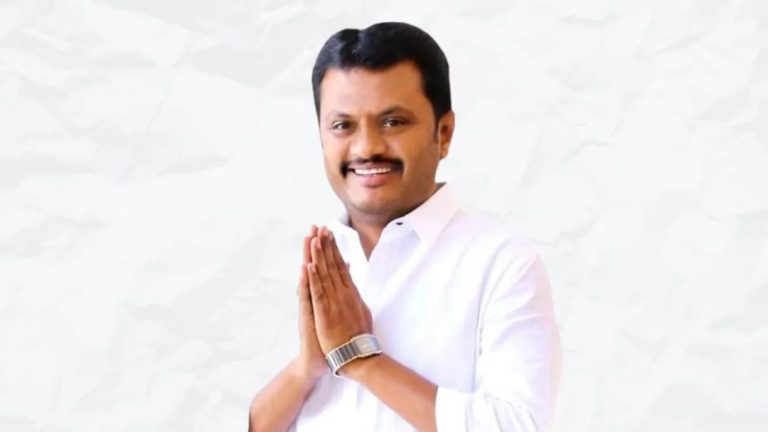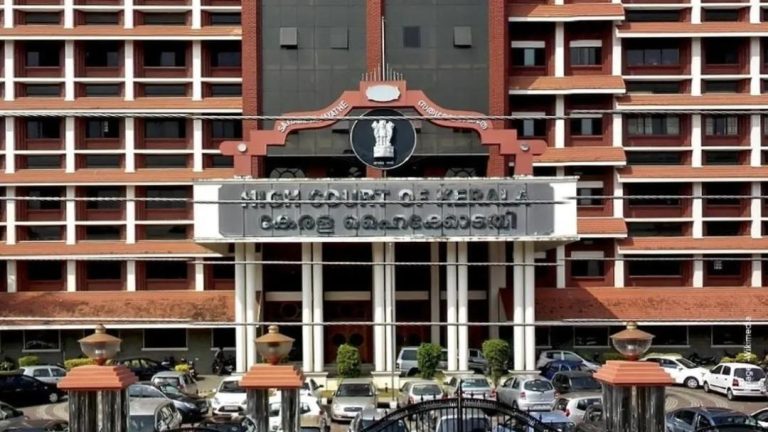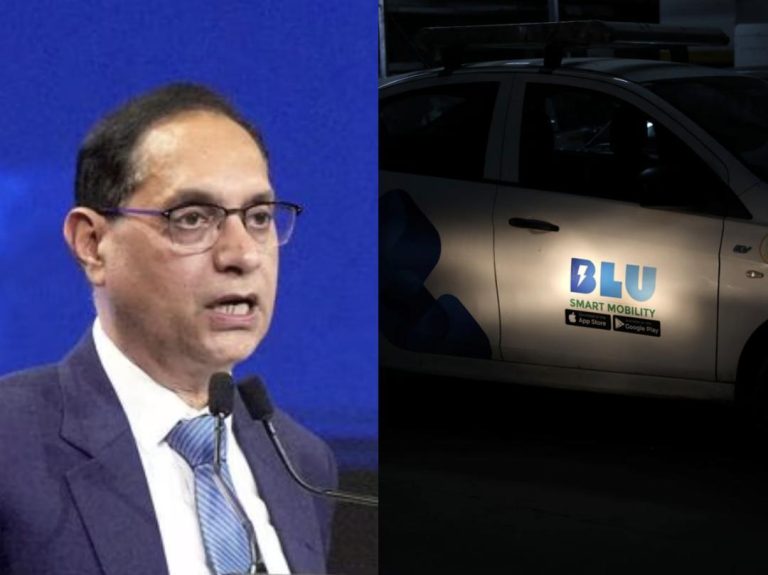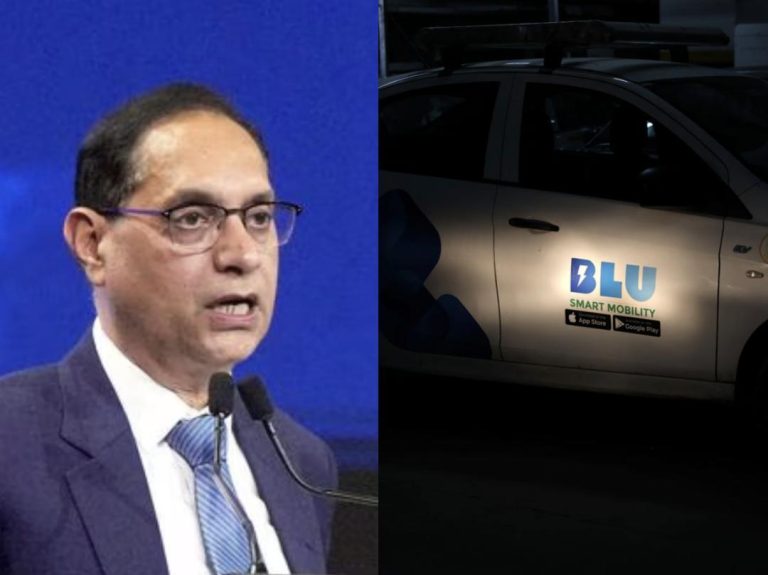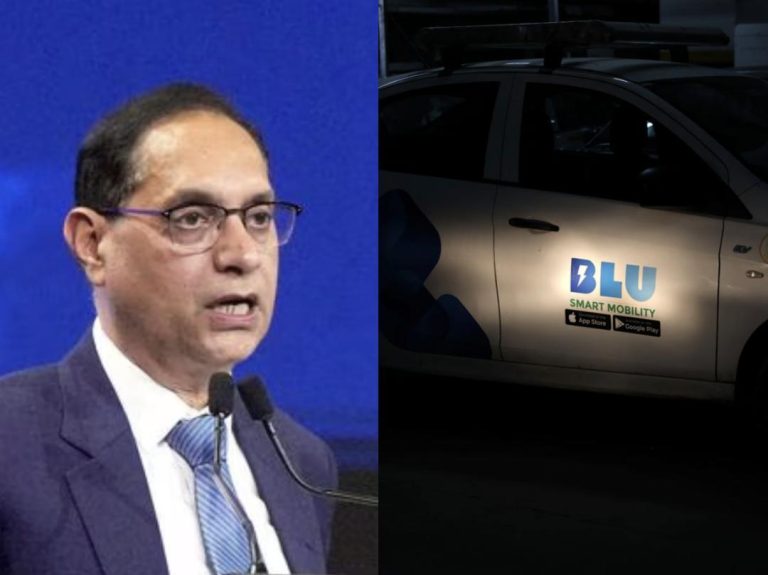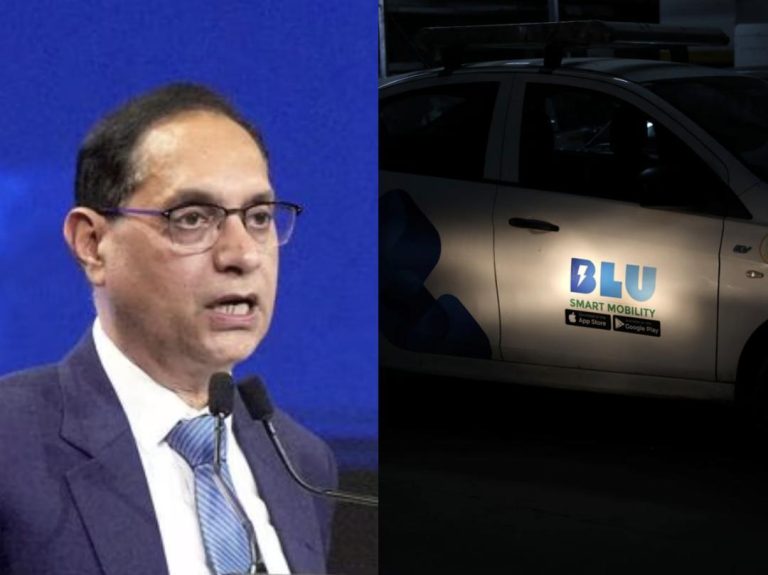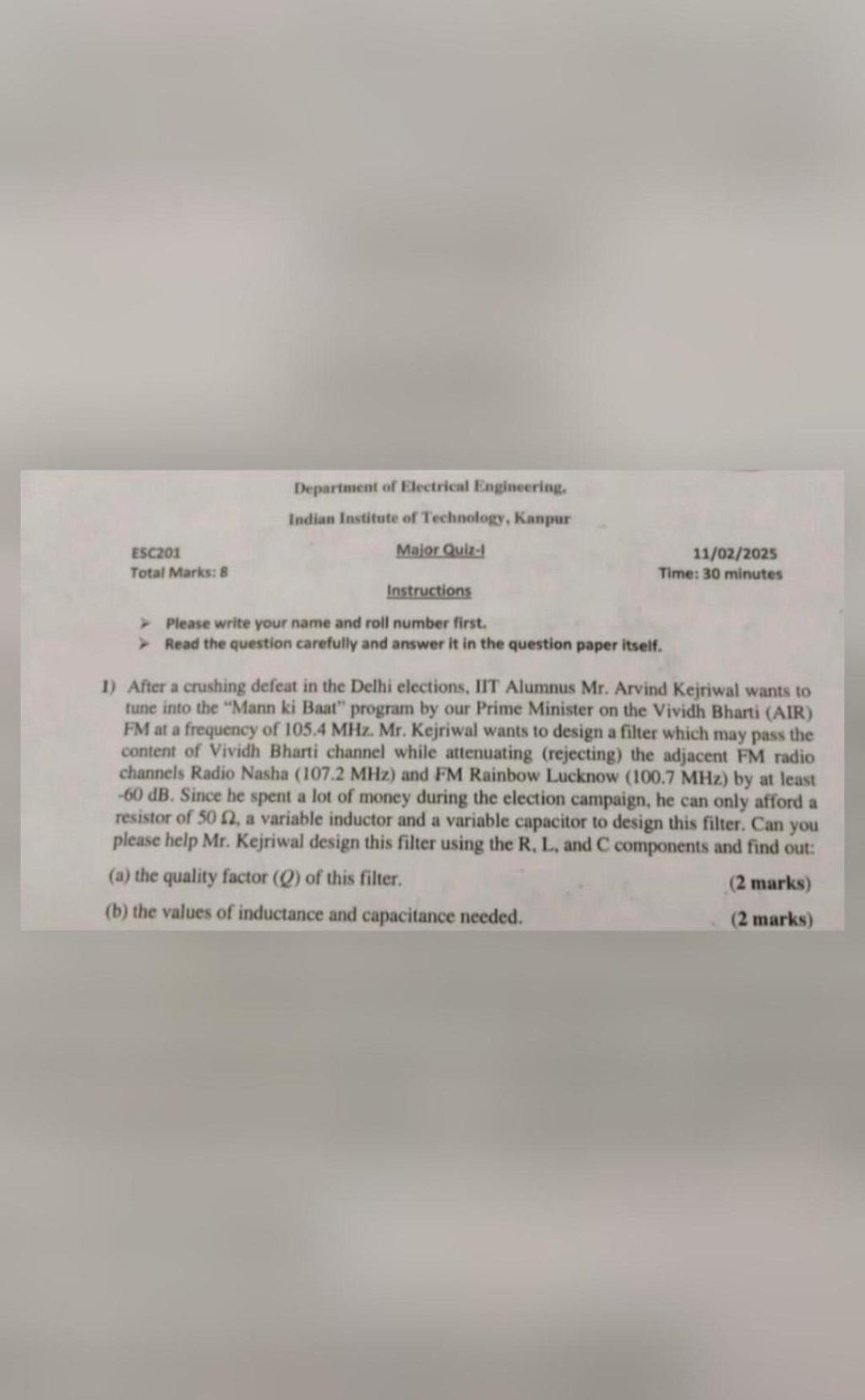
Wanted Exam to be More Engaging: IIT Kanpur on ‘Kejriwal & Mann Ki Baat’ Question
In a shocking revelation, the Indian Institute of Technology (IIT) Kanpur has confirmed that the question paper asking students to design a filter for Arvind Kejriwal to help him listen to PM Narendra Modi’s ‘Mann Ki Baat’ after Delhi poll loss went viral on social media. The question, which was part of the IIT Kanpur’s Mechanical Engineering department’s examination, has sparked a heated debate among students, professors, and the general public alike.
The question, which was reportedly asked in the second-semester examination of the undergraduate program, reads: “Design a filter for Arvind Kejriwal to help him tune into PM Narendra Modi’s ‘Mann Ki Baat’ program, which is broadcasted on All India Radio (AIR) on the first Sunday of every month.” The question was met with widespread criticism and ridicule on social media, with many terming it as “silly” and “irrelevant” to the subject of Mechanical Engineering.
However, in a statement issued to News18, IIT Kanpur has confirmed that the question was indeed part of the examination paper and was drafted by a professor who likes to use “references to well-known personalities…to make exam questions more engaging.” The statement also clarified that the question was not intended to be humorous or to mock Kejriwal, but rather to test the students’ ability to think creatively and apply theoretical knowledge to real-world problems.
The question, which has been widely shared on social media, has sparked a heated debate on the role of engineering education in preparing students for the challenges of the real world. While some have argued that the question was a waste of time and did not measure the students’ technical skills, others have defended the professor’s intention to make the exam more engaging and relevant to current events.
One of the most vocal critics of the question was Delhi Chief Minister Arvind Kejriwal himself, who took to Twitter to express his disappointment and frustration at the question. Kejriwal, who has been a vocal critic of the BJP government and PM Modi, was reportedly upset that the question was asking students to design a filter for him to listen to PM Modi’s ‘Mann Ki Baat’ program, which he views as an attempt to undermine his authority.
However, IIT Kanpur’s statement has provided some insight into the professor’s intention behind the question. According to the statement, the professor who drafted the question is known for using “references to well-known personalities…to make exam questions more engaging.” The statement also clarified that the question was not intended to be humorous or to mock Kejriwal, but rather to test the students’ ability to think creatively and apply theoretical knowledge to real-world problems.
The question has also sparked a debate on the role of social media in shaping public opinion and influencing the way we perceive the world. While social media has been credited with bringing about significant changes in the way we communicate and access information, it has also been criticized for spreading misinformation and fueling polarization.
In conclusion, the question on IIT Kanpur’s exam paper asking students to design a filter for Arvind Kejriwal to help him listen to PM Narendra Modi’s ‘Mann Ki Baat’ program has sparked a heated debate on the role of engineering education in preparing students for the challenges of the real world. While some have argued that the question was a waste of time and did not measure the students’ technical skills, others have defended the professor’s intention to make the exam more engaging and relevant to current events.
As the debate continues to rage on social media, it is clear that the question has sparked a much-needed conversation on the role of education in shaping our understanding of the world and preparing us for the challenges of the future. Whether or not the question was intended to be humorous or to mock Kejriwal, it has undoubtedly highlighted the need for educators to think creatively and outside the box when it comes to designing exam questions.
